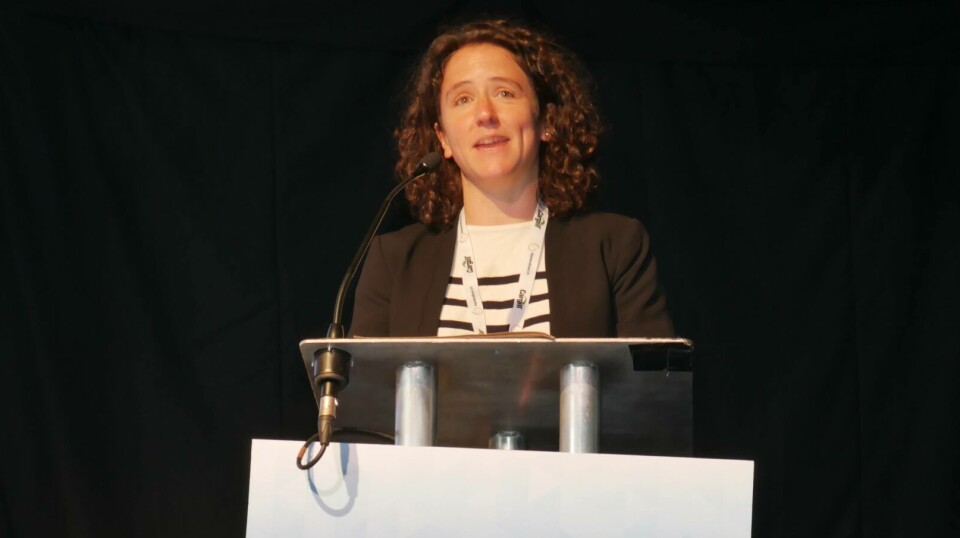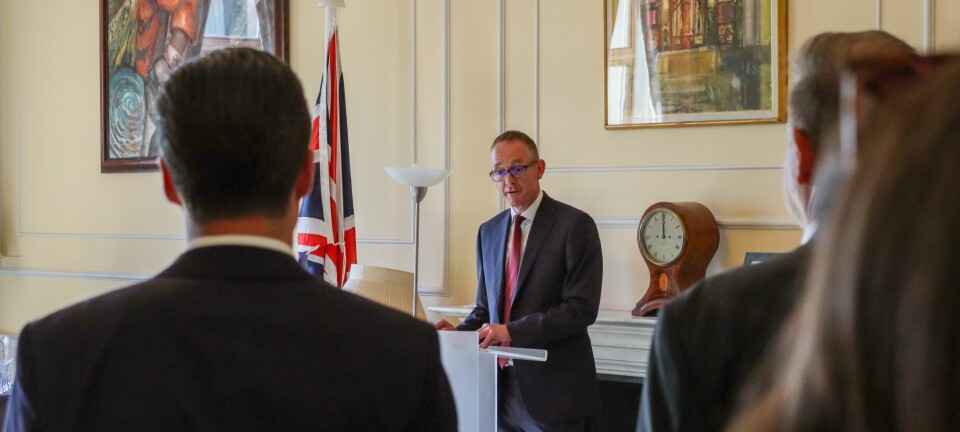
UK must speed up work to digitise export paperwork, says Gougeon
Aquaculture minister dismayed by end of pilot for simpler solution to post-Brexit bureaucracy
The Scottish Government today called for UK ministers to give seafood businesses “a realistic and accurate timeline” for when onerous paper documentation required for exports to the European Union since Brexit will be replaced by a simpler digitised system.
The call follows a decision by the UK’s Department of Food, Environment, and Rural Affairs (Defra) to end a testing programme for electronic certification of Export Health Certificates (so-called eEHCs) without putting them into practice for real. Instead, Defra plans a second pilot next year to develop eEHCs for both the EU and other countries.
Eight seafood companies, three distribution hubs, and three certifiers based in Scotland were involved in the pilot for eEHCs. They included salmon farmer Cooke Aquaculture Scotland, which had hailed the digital method as “an unqualified success” which was simpler and more intuitive.
The companies used both paper and eEHCs for comparison, but the paper EHCs remained the ones that had to be used at the French border.
Hardest hit by Brexit
In a letter to UK Environment, Food and Rural Affairs Secretary Thérèse Coffey, Scotland’s Rural Affairs Secretary Mairi Gougeon said it was disappointing that given the implications for Scottish exporters, Coffey had made no attempt to discuss the matter with her beforehand nor inform her of the decision to end the pilot.
“Stopping the current eEHC testing programme does not help simplify the ongoing bureaucratic arrangements that are now in place because of Brexit for some of our most important food exporters here in Scotland,” said Gougeon.
“Scotland’s aquaculture and fishing sectors, which make up a significant proportion of the UK’s total seafood exports, have been the hardest hit by Brexit and continue to face additional administrative and logistical burdens and costs, jeopardising competitiveness and supply chains.
Industry frustration
“You will be aware of industries’ ongoing frustrations about this, as well as with other programmes which form part of the UK Government’s 2025 Digital Borders Strategy. In your letter of 13th January, you stated that you hoped a comprehensive timeline for the project would be shareable soon. We are now seven months on; no timeline has been offered, and businesses now have further uncertainty in which to operate and to make investment decisions.”
No timeline has been offered, and businesses now have further uncertainty in which to operate and to make investment decisions
Mairi Gougeon
Gougeon urged Coffey to press ministers and officials to dedicate sufficient resource to digitisation work to ensure it progresses at pace.
“I would also reiterate my request to provide a realistic and accurate timeline that can be shared with businesses to enable them to plan and prepare for the future,” said Gougeon, whose ministerial responsibilities include aquaculture.
She added that apart from rejoining the EU, digitisation would make the single biggest positive impact on industries’ ability to export.
Ongoing work
Trade body Salmon Scotland and marketing organisation Seafood Scotland have both complained about Defra's decision to end the eEHC pilot.
On Monday, a UK Government spokesperson told Fish Farming Expert: “We recognise the importance of smoothing high-value seafood exports, and eCertification for Health Export Certificates – a key priority for industry and the UK Government alike – builds on existing and ongoing work in this key area.
“We are committed to supporting a profitable and sustainable UK fishing and aquaculture industry and are working with businesses to help ease any administrative burdens for EU exports, including the digitisation of health certificates.”
























































